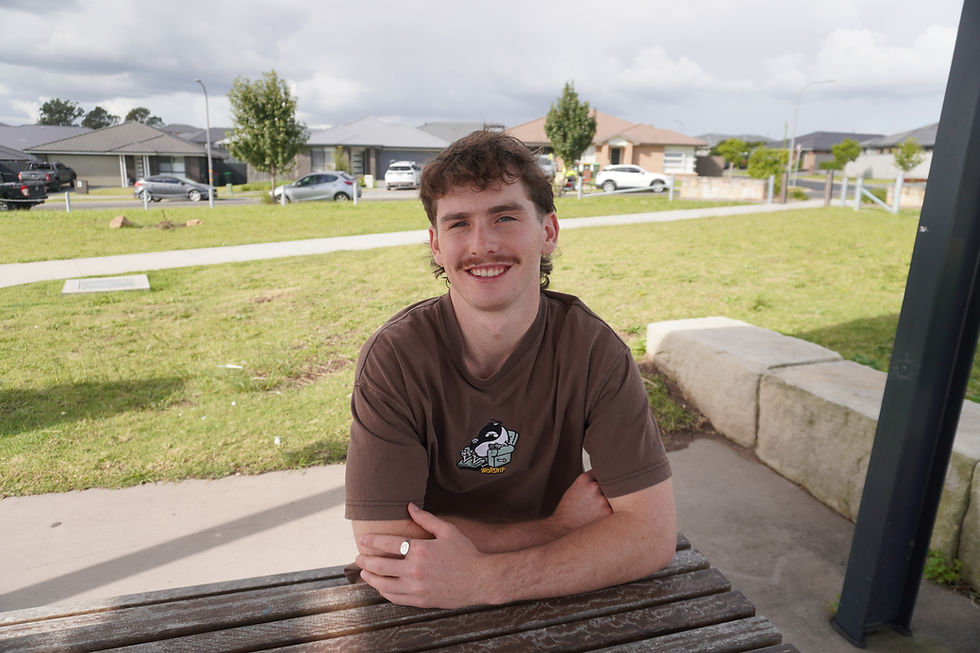The Criminology Panel with Hillebrand Shaw & Co attending
- Garrett Walsh

- Sep 26, 2025
- 2 min read
I was lucky enough to sit in on an inspiring presentation last week at the University of Newcastle, which brought home the multi-faceted and applicable careers available in the field of criminology. As an outsider to the field of criminology, I was truly astounded at the amount of professions in which it is not only useful, but essential.
The five panelists each offered a varying perspective on how criminology influences their critical practice:

Desley Toohey (Corrective Services NSW)
Nicole Carter (Carrie's Place)
Kent Kingston (Justice Advocacy Service (JAS) - IDRS)
Monica Wilson (Legal Aid NSW)
Tomika Hillebrand (Hillebrand Shaw & Co)
This blog looks back over the new and unexpected things I learned from the experience, to discover that criminology is not only just about policing and prisons. It's also important about justice, advocacy, and social change.
The most impactful takeaway was the acknowledgment that a criminology education is the ultimate foundation for comprehending human behavior, social organisation, and systemic disparity. It's not what the crime is, but why it happened, and how to prevent it or assist its survivors.

The Power of Advocacy and Support
I was particularly interested in panelists working in direct support services. These were Nicole Carter from Carrie's Place (domestic violence and homelessness support service), Kent Kingston from the Justice Advocacy Service (supporting people with cognitive impairment through the justice system) and our very own Tomika Hillebrand (supporting clients in navigating the NDIS).
These 3 pushed the need for victimology and social justice. What they do isn't about incarceration; it's about breaking cycles and amplifying marginalised voices. They illustrated how criminology provides the skillset to value complex trauma and how victims are disadvantaged by the system so they can offer proper, informed support.
Change from Within Systemically advancing
The perspectives of the established legal and correctional systems generated a vision for reform. Desley Toohey (Corrective Services NSW) revealed that an advanced knowledge of criminal conduct, models of rehabilitation, and causes of recidivism is needed to be involved in the prison system. Similarly, Monica Wilson of Legal Aid NSW illustrated how knowledge of criminal law and policy driven by criminological theory is fundamental to equitable access to justice.
So far, criminology has been defined in my mind as forensic science or law enforcement. Now, I see it as a rich, interdisciplinary career that intersects with every branch of our justice system and social safety net.
The value of a criminology degree, as proved by this panel, is not so much in the job it leads to but in building the critical skills to address society's toughest challenges, whether working with offenders, working with survivors of family abuse, campaigning on behalf of people with disabilities, or promoting equality in the legal system.
If you are considering a career that actually makes a difference, one that requires empathy and analytical rigour, look beyond the tabloid front pages. Criminology is the basis for an incredible range of careers dedicated to helping to build a more just and safer society. I left Newcastle University that day not only well-informed, but actually hopeful about the future of this critically important work.



